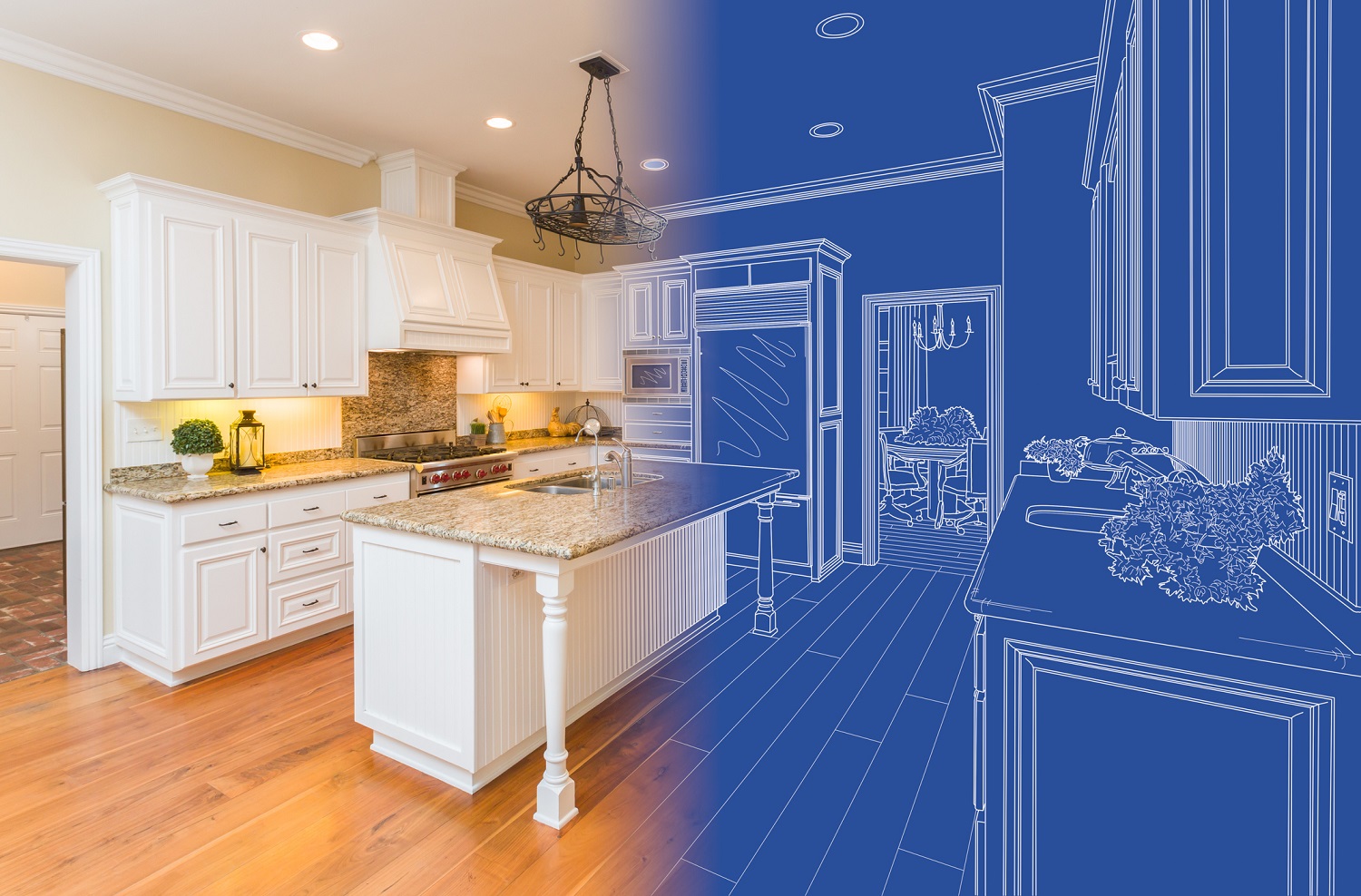Home Equity Loans
Do you have plans to tackle a major renovation? Your South County home's equity could be the key to financing. In fact, the equity in your home is a very valuable asset. With a home equity loan, this equity can be used to finance many things, including home improvements, your child’s education, unexpected expenses, and paying off high-interest debts.
A home equity loan can be described as a type of consumer debt. You can also call it an equity loan or a home equity installment loan. Home equity loans allow homeowners to borrow against the equity in their home. The amount of the loan will depend on the homeowner's current mortgage balance and the value of their home.
This article will give you a complete overview of home equity loans, their benefits and costs. Before you apply for a home equity loan, be sure to read all of the terms and conditions, and consider the many costs, including closing costs, interest rates, and appraisal fees. Then you will be able to decide whether a home equity loan is right for you.

Interest Rate
Our mortgage calculator uses data from some of America’s most respected banks and thrifts to help you determine the interest rate for a home equity loan. When determining if and how much to lend you, lenders will consider the amount of equity in your home as measured by your loan-to-value ratio (or LTV), which compares the current amount you owe on your mortgage to the property's appraised value. An 80 percent loan-to-value ratio can be used to calculate a $30,000 loan. You must have sufficient equity in your home to qualify for a home equity loan.
Your income and credit score are also important factors in determining the initial interest rate on home equity loans. A home equity loan's average annual percentage rate is five percent. Rates will vary depending on where you reside and who the lender is. Your location may affect the interest rate of a home equity loan. Boston residents have the lowest home equity loan interest rates, while those living in the D.C. metropolitan area have the highest. The average home equity loan interest rates in the D.C. metropolitan region were 5.20% as of August 2, 2021. Compare home equity loan interest rates across cities to determine the best.
South County home equity loan rates are fixed, which is a great option for those who want the stability of paying the same amount each month. Fixed-rate home equity loans can help them stay on budget. A home equity line of credit, or HELOC, however, offers a variable interest rate. Lenders set the initial interest rate for home equity credit lines, but market conditions may change this rate. HELOCs offer more flexibility but run the risk of overspending since the credit line is left open. Home equity loans and home equity lines of credit typically have a higher interest rate than a first mortgage because they are second in line for repayment.

Lender Term
The lender will typically lend you a lump sum at a fixed interest rate for a specific term. In addition to finding the interest rate for a home equity loan affordable, the repayment terms must also suit your needs.
The term length of home equity loans can range from 5 to 30 years. The loan term can be extended or reduced depending on the borrower's needs and goals. To extend the repayment term, additional payments can be added or the loan can be refinanced. The interest rate is calculated using points. These points are added to the total interest over the loan term. The interest rate and the payment term will be affected by the number of fees or points.
Your debt-to-income ratio is another factor that could influence your decision to get a home equity loan. Your debt-to-income ratio (DTI) is the proportion of your income equal to your monthly debts. A lower debt-to-income ratio will give you a greater chance of receiving a loan with a longer repayment term. A lower DTI will also result in a lower interest rate.

Why take out a loan against your home equity?
If you have sufficient equity in your home, you may be able to use it to finance a variety of needs. If you want to pay off debt, a home equity loan may allow you to consolidate multiple debts and gain financial security. Home equity loans can also help you save money and improve your financial situation. With lower interest rates than credit cards or personal loans, home equity loans are usually a more affordable way to borrow money.
If you require emergency cash, home equity loans can be a great option. A home equity loan may also be the best option if you require a large loan to cover major upfront expenses such as college tuition.
You can finance major projects like home renovations with a home equity loan if you know how much money you’ll need, or a home equity line of credit if the project requires ongoing expenses. You can access the equity in your home without refinancing, and make monthly payments in the long term.
Before you sign the contract, make sure you can afford the monthly payments. Be sure to do your research and review the home equity loan information on lender websites. It’s worth noting that many banks have tightened lending policies, and temporarily suspended home-equity products at the time of this article’s publication.


